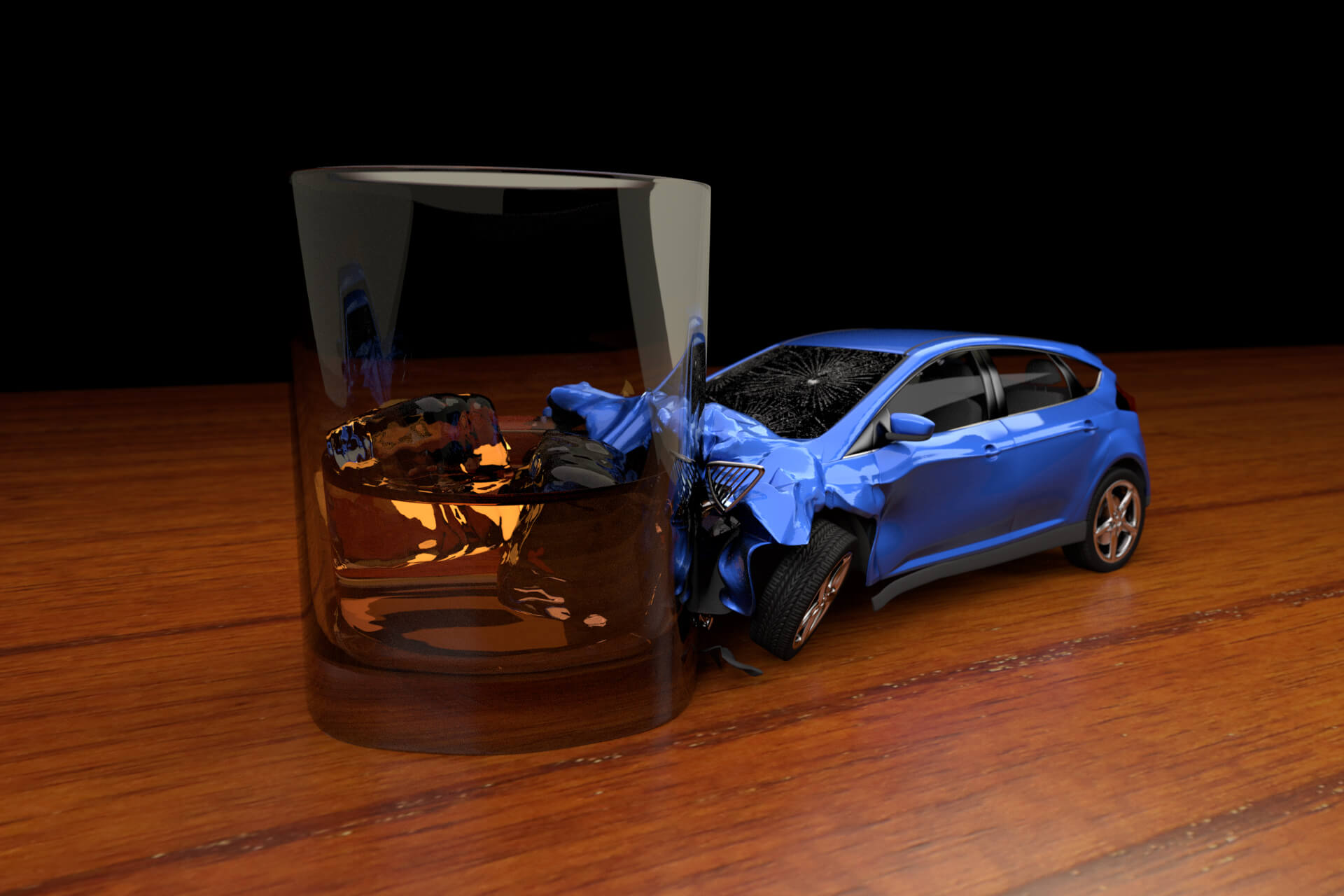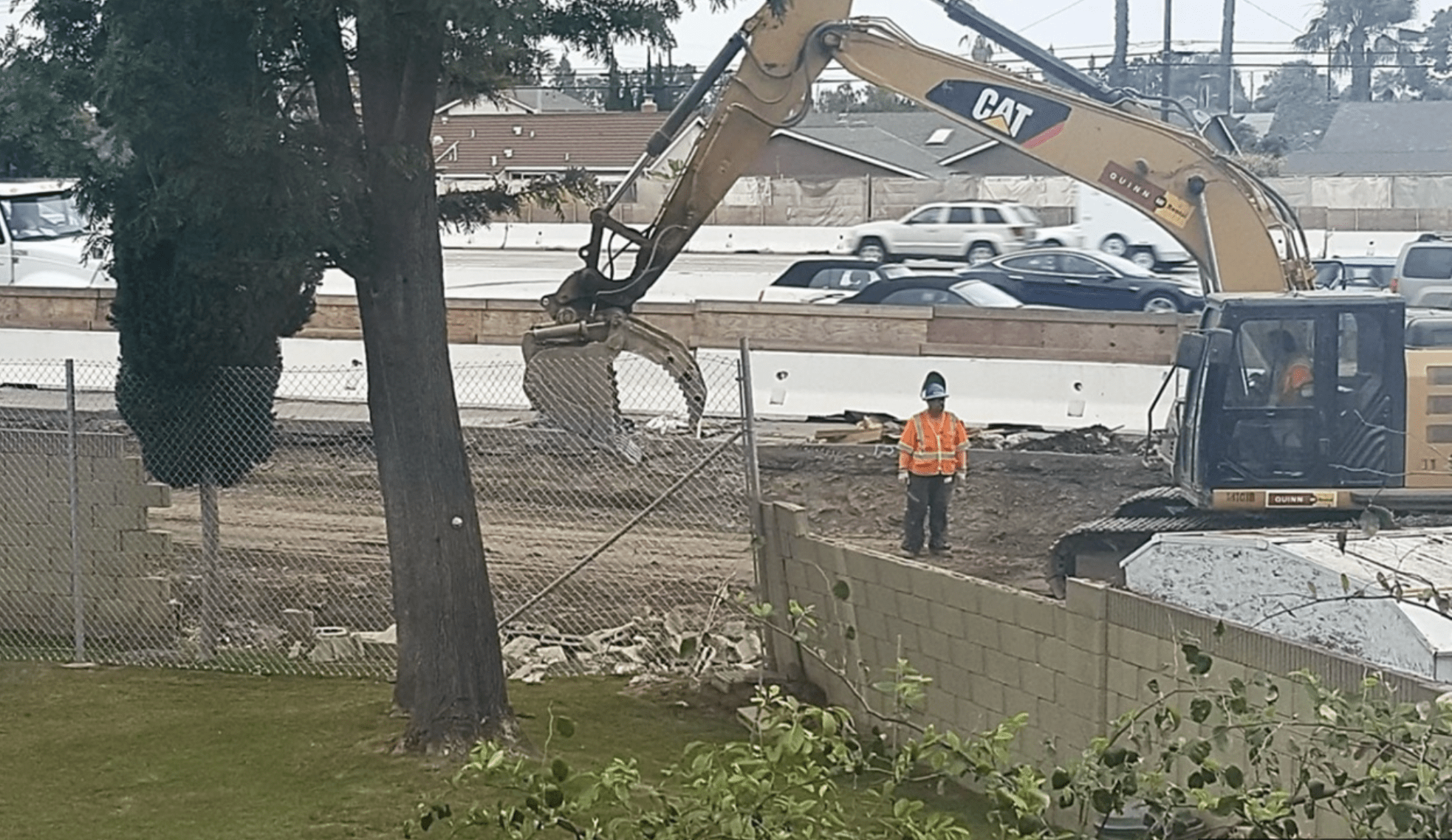For years, experts have been perfecting sophisticated technologies that could virtually end impaired driving on U.S. roads — and thanks to a new bill, regulators are already exploring making it a requirement on all new cars. But will Washington take that historic step in the next two years, as advocates hope, or will the legislation get tied up in the misinformation campaigns that have plagued these life-saving ideas so far?
Today on The Brake, we’re talking to someone for whom the fight against drunk driving is uniquely personal: Rana Abbas Taylor, whose sister, brother-in-law, and the couple’s three children were all killed by a heavily intoxicated driver in a single horrific car crash in 2019. Now, the Honoring the Abbas Family Legacy to Terminate Drunk Driving (HALT) Act could prevent tragedies like theirs — but it needs your help to pass.
Listen in, and learn more about how to support the mandate here. And tune in below, on Apple podcasts, or anywhere else you listen.
The following excerpt has been edited for clarity and length.
Streetsblog: If you're comfortable speaking about it today — and it's okay, if you're not — let's talk about how you lost [your family]. What do you want people who haven't lost someone to traffic violence, or haven't experienced such a deep loss, to know about the experience?
Rana Abbas Taylor: It is difficult to talk about. But I also know how critical it is to share these stories with others, so that others are aware of just how critical it is that we get this legislation enacted.
So Rima and Issam had decided to take the kids to Florida for winter break. In fact, it was a vacation they had scheduled for quite some time. But about two weeks before Christmas, my grandmother, who was like a second mom to Rima I — she practically raised us up right alongside our mom and lived with us when we were growing up — passed away. She actually went into the hospital two weeks prior to Christmas, which changed Rima and Issam's vacation plans, because we knew it wasn't looking good, and we knew that my grandmother only had a short amount of time.
My grandmother passed away on December 23, of 2018. And it was Issam that decided that, you know, why not do this vacation for the kids? They'd been looking forward to it; everybody can use it. And they decided last minute that they would drive to Florida instead of fly, which is initially what they had planned to do ...
The morning they were supposed to get back home, we hadn't heard from them. We had been in communication with them the day before while they were on the road, and from what we understood, they were planning on driving through the night, which none of us were really crazy about. But they felt confident they needed to get back in time for the kids to be in school the following day. ...
[Later,] we found out that they were hit head-on in Lexington, Kentucky on I-75, by a wrong way driver who had consumed the equivalent of about 22 drinks at two different establishments. He'd chosen then to get in his vehicle, get on the wrong side of the freeway and hit them head-on, killing everyone instantly. This was at 2:30 in the morning, Sunday morning of January 6, 2019.
We didn't find out until the following morning at 10:30, when I was in my sister's empty home, and I knew that she wasn't there and that they hadn't gotten back. I began frantically calling my sister's phone and my brother in law's phone, and they were going directly to voicemail. Then I called my nephew's phone and a woman picked up, and I knew I just knew something wasn't right.
There's nothing in the world that can prepare you for something like that. Here we are five years later, and to be quite honest, I think the shock still hasn't completely worn off from our loss...
Streetsblog: Unfortunately, there's already been some pushback against the legislation, that bears your family's name, and a lot of it has to do with misinformation about what drunk driving prevention technology is what it will actually do. Does any of that pushback reach you? What do you hear? And how do you answer it as someone who understands what this is about and the stakes of making sure that it becomes a reality?
Abbas Taylor: I'm very familiar with the pushback — more familiar than I wish I was. But a lot of the misconceptions around this technology are unfounded and simply untrue.
I think when people think of technology that prevents drunk drivers or impaired drivers from operating a vehicle, their mind automatically goes to like interlocks or breathalyzers, because that's what they know. And this is not what this technology is.
This is highly sophisticated tech; we are talking about smart tech. It's passive technology. There is no 'kill switch', which is a term that we've heard quite a bit as people have discussed this technology incorrectly. The technology only kicks in once the vehicle detects that there is something wrong with the driver, whether that driver is impaired, whether that driver is distressed, whether that driver is distracted. And we are working with suppliers and with experts in the auto world to make sure that [when that happens] technology can then safely pull the driver over and have the driver get assistance.
Here's the thing: this tech is available, and there are so many different versions of this technology that we are considering. We know that some of this technology is already in vehicles, we know that manufacturers are charging consumers to have this added feature. What we are saying is that this safety technology needs to be standardized, and it needs to be accessible by every driver on the road, it should not be just accessible to those who can afford it.





